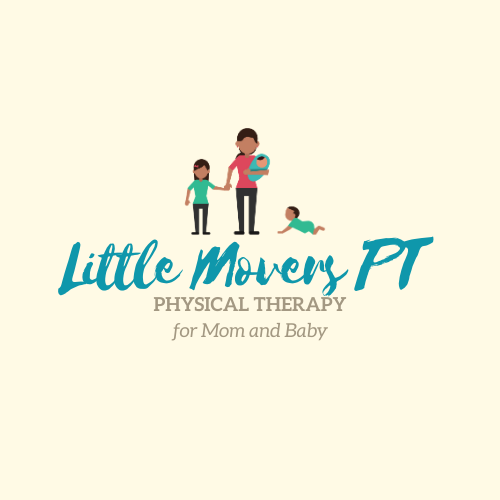To sleep train or not to sleep train, that is the question!
/Reflux-related sleep disturbances are a common concern among parents, and here's how it can impact your baby's sleep:
Discomfort and Irritation: When stomach acid flows back into the esophagus, it can cause irritation and discomfort in the baby's throat and upper chest. This discomfort may lead to pain or a burning sensation, making it challenging for the baby to fall asleep or stay asleep for extended periods.
Frequent Waking: Babies with reflux may experience more frequent waking during the night. The discomfort they feel from the acid reflux can cause them to wake up crying or in discomfort, disrupting their sleep cycle.
Shorter Sleep Periods: Reflux-related discomfort may result in shorter sleep periods for your baby. They may have trouble settling into deep sleep phases, leading to more shallow and fragmented sleep throughout the night.
Difficulty Lying Flat: Babies with reflux may find it uncomfortable to lie flat on their back, which is the recommended sleep position to reduce the risk of sudden infant death syndrome (SIDS). This discomfort can make it difficult for the baby to stay asleep when placed on their back.
Increased Spit-Up: Infants with reflux often have a tendency to spit up more frequently, even during sleep. This can lead to wakefulness as the baby may be awakened by the sensation of regurgitation.
Associations with Sleep: Babies are excellent at forming associations with sleep. If they experience discomfort or pain associated with sleep due to reflux, they may come to associate sleep with discomfort, making it harder for them to settle down for sleep in the future.
Did you hear the above 6 from your pediatrician? I certainly did. But here’s what we aren’t talking enough about. We aren’t talking about the root causes of this so called reflux. Infant reflux can be caused by aerophagia. Aerophagia means the baby is taking in too much air. Typically the air is getting in when a baby has a poor latch on the bottle or breast. You may notice this by way of clicking sounds, dribbling milk, hearing air sounds, or even seeing the tongue poke out of the corners of the mouth. When air gets in during drinking there are layers that build up of milk and air. As the air rises under the layers it will push the milk up as silent reflux into the throat or all the way up as spit up. What causes the poor latch? Well that may come from low muscle tone, poor oral strength, or a tongue tie tethering the tongue down which doesn’t allow an adequate seal.
Another reason baby may have reflux is due to food sensitivities or food allergies. The difficulty with food allergies in babies is that the only way of knowing is through an elimination diet.
Last but not least, let’s talk about constipation. When a baby is constipated the intestines are full. They tend to have more silent reflux or spit up based on the sheer volume of liquid that they may or may not be able to handle.
So what does this have to do with sleep training? The problem with addressing sleep concerns with sleep “training” is you’re not fixing the root cause of the issue. Typically if you can decrease aerophagia, reduce food triggers, and improve strength in the stomach sphincters sleep will improve. Don’t forget to get the right amount of calories in for that baby! Lastly, it is biologically normal for a baby to wake up every two hours until 2+ years old. Whether thats to roll over or grab a sip of water, it is still appropriate. Having an understanding of biological norms is super helpful so we don’t get a false sense of hope OR disappointment.
If you’re interested in working on the aerophagia or sphincter control, meet me over at Little Movers Education for 1:1 coaching. https://littlemoverspt.vipmembervault.com/


